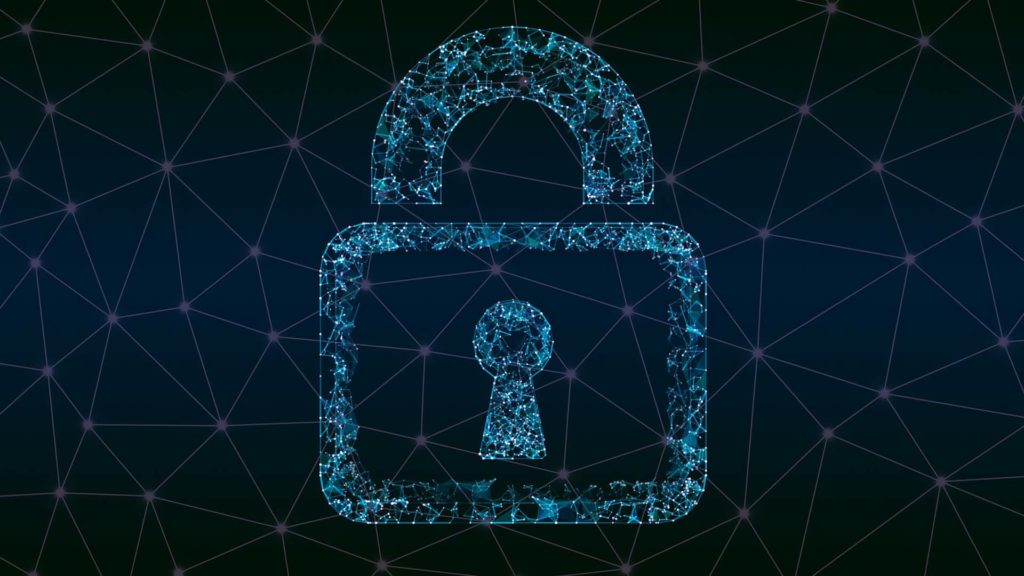There are many threats to businesses’ tech security these days, and your own staff is truly the
greatest security problem that you face. Between accidentally downloading malware, neglecting
to backup important data, mistakenly sending emails outside the company, and simply being
careless, your business could be at risk of a security breach due to the actions of your
employees.
That said, there are some steps that you can take to improve your I.T. health and security, and
help to prevent security breaches. Here are 11 things that you can do to improve your tech
security.
1. Implement A Security Policy
A security policy for your business is imperative to outline what is and is not acceptable and
expected of your employees when it comes to the security of your technology and data. Your
security policy should include password guidelines, acceptable use of company devices and
connections, procedures for downloading and installing software, as well as best practices, and
an action plan that outlines what to do in the event of a security breach.
2. Ensure That Wireless Connections Are Secured
Hackers know just how to access your data if you or your staff happen to be on a poorly secured
Wi-Fi connection. To avoid this issue, it is best to ensure that your company Wi-Fi connection
and modem are well secured. You should also be aware of this risk when on public Wi-Fi and
avoid accessing sensitive information at that time.
3. Update Your Anti-Virus Software
An easy and important step in improving your tech security is to keep on top of updates to your
anti-virus software. This will help to ward off cybercriminals. You should also avoid opening
attachments or links from unknown senders.
4. Thoroughly Evaluate Your Cloud Providers
Using a cloud service provider can be very beneficial for your business and your bottom line, but
you must thoroughly evaluate your cloud provider to ensure that your data will be safe with
them. If your cloud provider does not have adequate security, your data may be at risk. It’s
important to understand how your data would be protected if the cloud provider experienced a
security problem.
5. Regularly Backup Data To A Remote Server
Disaster can strike at any time, so it’s incredibly important to make sure that your data, and
especially your critical data, is regularly backed up to a remote server. Critical data, including
financial and customer information, needs to be safely housed off-site so that it is still accessible
to you in the event of a natural disaster or major security breach.
6. Install Firewalls On All Web Connections
Firewalls have been trusted for years to monitor incoming and outgoing network traffic. They
use a specific set of security rules to determine whether to allow or block specific traffic from
your network. It is highly recommended that you install firewalls on all web connections to
prevent unwanted traffic on your network.
In addition to firewalls, you can use an intrusion detection system that will detect attacks that a
traditional firewall may miss.
7. Ensure That Your Data Is Protected With Third Parties
If you work with contractors, vendors, or other third parties, it is important to ensure that your
valuable data will be safe with them. You should have a privacy policy and confidentiality
agreement with any external parties whom your business shares data and information with.
8. Perform Regular Audits On Your Security Policies
Your tech security policies should be in place to prevent security breaches, not necessarily to
react to them. Although you should have a plan in place should a breach occur, regularly
auditing your security policies and making any necessary adjustments should help to prevent
those issues in the first place. You should audit your security policies at least every six months.
9. Encrypt Sensitive Information
Financial and customer information is extremely sensitive and cybercriminals can use that data
to commit crimes such as identity theft and monetary theft. To prevent this from happening, you
should encrypt financial and customer information to keep it safe from hackers.
10. Enlist A Managed Services Provider
A key step in improving your tech security is to enlist an expert. A Managed Services Provider
(MSP), like Technikel Solutions, can manage your I.T. health and security, freeing you up to
focus on what you do best. An MSP has the experience and knowledge to implement systems
and software that will keep your data safe and secure, and help you to increase productivity and
save on costs.
11. Offer Regular Security Training For Staff
Finally, you need to stay on top of regular security training for your staff. The world of technology
is changing and evolving every day, and there are new threats and solutions constantly coming
to light. Your staff should be made aware of updates to your security policies and best practices
on how to handle your company’s data and technology.
Training for your staff is something that an MSP, like Technikel Solutions, can help with.
Improving your tech security will offer immense benefits to your business and will help to keep
your valuable data safe and secure. You don’t have time for a security breach, so you should
absolutely make time to improve your I.T. health and security.
If you need some help putting these steps into action, Technikel Solutions would love to help
you.

